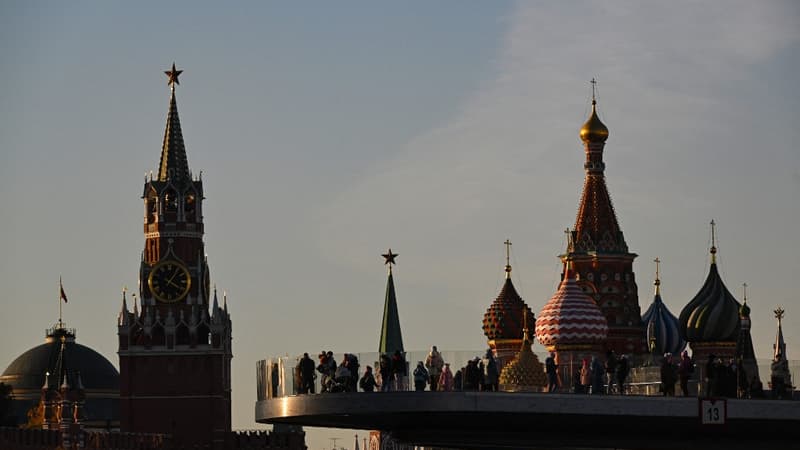Russia announced this Friday that it was lifting the temporary ban on gasoline exports that it had imposed in mid-September due to the increase in prices at the pumps, in a context of the return of inflation in the country.
“The Government has decided to lift, as of November 17, the temporary ban on the export of gasoline for automobiles introduced on September 21 within the framework of a set of measures aimed at stabilizing the price situation in the domestic market,” reported the Russian Ministry of Energy. he said in a statement on Telegram.
In two months, “wholesale gasoline prices on the stock market have dropped considerably,” the ministry stated to justify its decision.
However, he warned that “he will continue to monitor production indicators and prices,” stating that he does not rule out “the return” of the mechanism that prohibits the export of gasoline “if necessary.”
Record level
After Moscow’s announcement, oil prices increased their rise: Brent, the European crude oil benchmark, rose 3.09% to $79.81 per barrel, while its American equivalent, WTI, rose 3.02% to $75.10 per barrel, around 16:15 GMT. .
In recent days, the main Russian oil companies had asked the Government to put an end to this mechanism launched on September 21 due to the increase in prices at the pumps.
In fact, the price of gasoline in Russia had reached a record level just days earlier, driven by a combination of the weakening ruble, rising global oil prices and repair work at oil refineries that limited supplies. .
As a direct consequence of the difficulties observed in early September, farmers were unable to harvest their crops due to a shortage of fuel needed for their machines, according to local Russian press.
A few months before the presidential elections, Vladimir Putin, eager to contain the rise in prices, asked his government to act “more quickly”, while inflation made Russians fear a loss of their purchasing power.
Source: BFM TV


